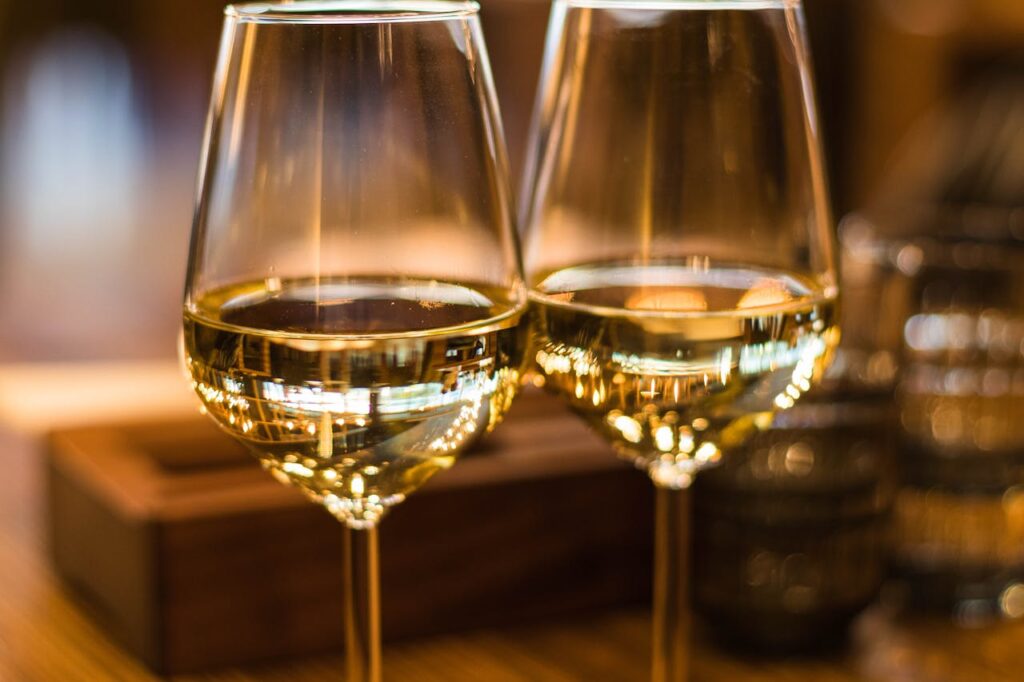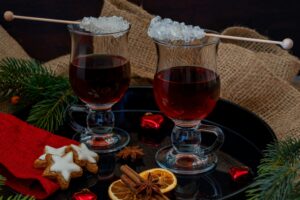
Organizing a wine tasting event can be a sophisticated and fun experience for attendees loaded with sensory delight and discovery moments. A well-run wine tasting can make an amazing evening, whether your goal is to entertain friends, mark a significant event, or expose people to the varied universe of wines. A wine tasting event can become a trip through vineyards and flavor profiles that appeal to the senses and leave a lasting impression by carefully selecting these parts.
Choosing the Right Wines
Consulting a trustworthy company that can offer wine tastings services can make your occasion enjoyable and amazing. The range of wines chosen will influence the whole experience. Your visitors’ degree of knowledge will determine if you should choose from a large assortment of various wine sorts, locations, or grape kinds. For novices, a wide variety of red, white, and sparkling wines can be a fantastic start. Conversely, if your visitors are more experienced wine drinkers and you provide wines from a certain location or vintage, you can provide them with something more nuanced and complicated.
Setting the Perfect Ambiance
The tone of the event has a significant impact on your guests’ experience. Wine tasting events are naturally sociable, encouraging inquiry and discussion. The setting should appear welcoming and inviting. A well-decorated room with subdued lighting and gentle background music will foster a personal environment fit for enjoyment and relaxation.
Creating a Relaxed and Enjoyable Experience
While it is crucial to assist your visitors through the tasting, the event should be fun and lighthearted. Wine tasting should not be scary; hence, try to avoid too formal presentations. Motivational visitors should interact with one another, offer opinions on the wine, and probe questions. The intention is to provide an environment in which visitors feel free to voice their preferences and ideas free from pressure to be experts. To help with this, think about giving a quick summary of how to taste wine together with methods for evaluating its taste, smell, and look.
Offering Delicious Pairings
No wine tasting is complete without the appropriate pairings to complement the wines. Food not only improves the taste sensation but also gives patrons the opportunity to investigate how wine combines with various flavors. Present a variety of cheeses, charcuterie, fruits, and bread that go well with the wines on hand. Creamy cheeses like brie or camembert, mix nicely with rich, full-bodied reds; lighter whites can be matched with tart goat cheese or fresh fruit. Make sure you offer a range of choices so that everyone can find something they enjoy. The meal should be presented in tiny quantities so that guests can taste it without feeling overly full too rapidly.
Personalizing the Event
Personal touches can turn an average wine tasting event into something remarkable. Think about organizing the event such that it reflects the tastes and personalities of your attendees. If your guests know about wine, you can plan a blind tasting to inject some surprise and rivalry into the event. On the other hand, if the gathering is meant to honor a unique occasion, select wines with personal meaning, or that fit the celebratory theme. Meaningful souvenirs of the occasion can be handwritten tasting cards, customized wine glasses, or little take-home presents like a bottle stopper or a tiny bottle of one of the wines tried.
Conclusion
Hosting a good wine tasting event needs considerable consideration and organization, but the results are well worth it. You can design an evening that is both educational and fun by concentrating on the salient features of wine selection, atmosphere, involvement, and education. Whether your visitors are newbie wine drinkers or seasoned aficionados, a well-run event will ensure that everyone departs with more respect for the craft of wine tasting and with happy recollections of a unique experience.


